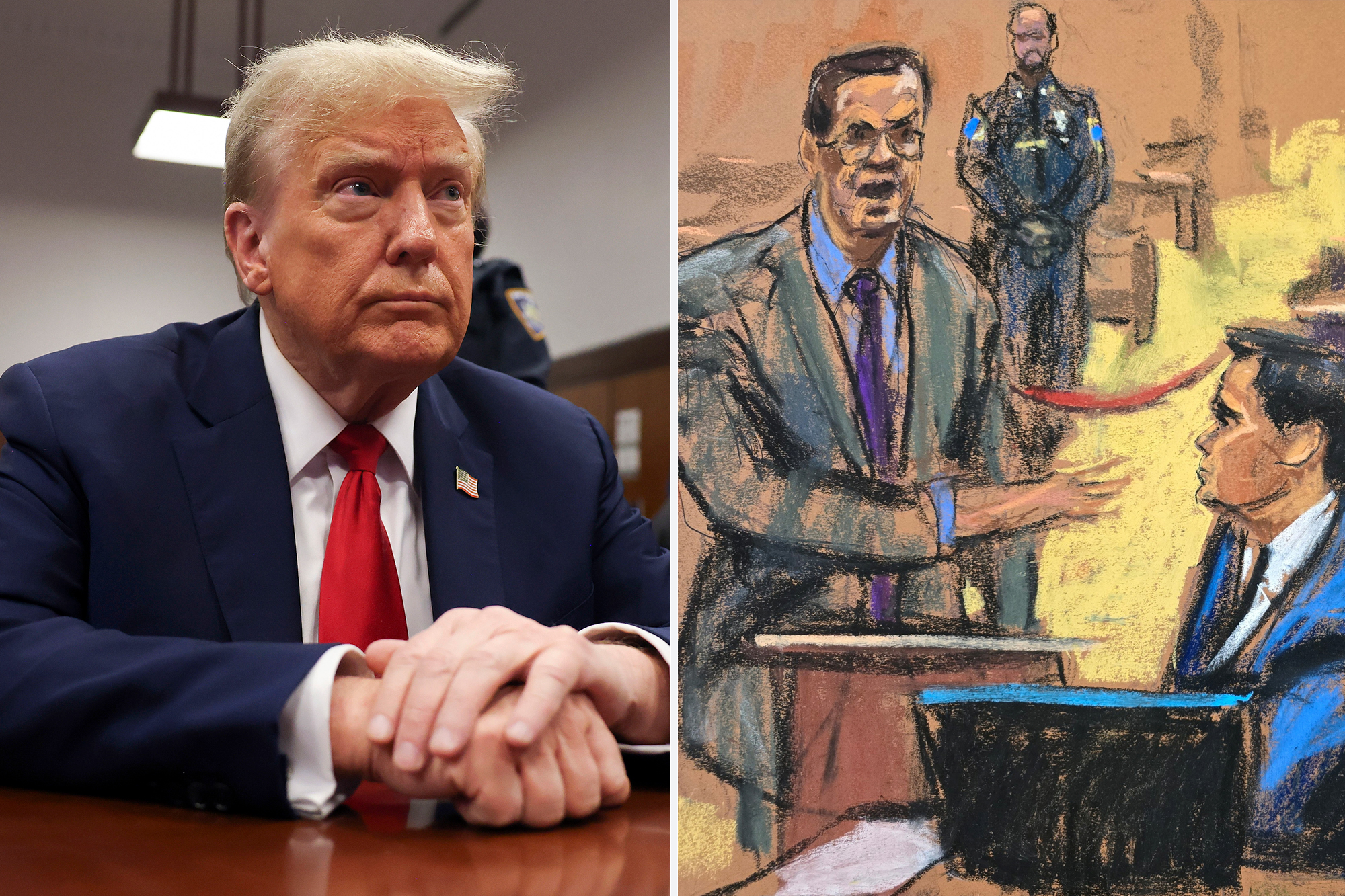Prosecutors at Donald Trump’s hush money trial have disclosed that their entire case hinges on a legal theory suggesting a conspiracy to corrupt the 2016 election. The trial involves the presumptive Republican presidential nominee, who faces 34 felony counts of falsifying business records, a charge that is typically a misdemeanor. To elevate the charges to a felony, prosecutors must demonstrate that Trump intentionally lied on the documents with the aim of committing another crime.
During a sidebar on Tuesday, prosecutor Joshua Steinglass revealed to Judge Juan Merchan and Trump’s legal team that “the entire case is predicated on the idea that there was a conspiracy to influence the election in 2016,” as reported by CNN. This statement aligns with the opening statements made by another prosecutor, Matthew Colangelo, who claimed on Monday that Trump orchestrated a “criminal scheme to corrupt the 2016 election” and subsequently attempted to cover up the conspiracy by repeatedly lying in his New York business records.
It is important to note that no federal charges have been filed against Trump for interfering with the 2016 election. Trump’s lawyer, Todd Blanche, challenged the notion of a conspiracy to manipulate election results during his opening statement, asserting that there is nothing wrong with attempting to influence an election as it is a fundamental aspect of democracy.
The charges against Trump stem from allegations that he directed his former lawyer, Michael Cohen, to pay $130,000 to adult film star Stormy Daniels in the lead-up to the 2016 election to keep her silent about an alleged affair with Trump. The payment itself was not illegal. However, prosecutors argue that Trump violated the law by attempting to conceal the payment through false reimbursements to Cohen listed as legal expenses in 2017.
Legal experts have previously noted that District Attorney Alvin Bragg’s case is complex and ventures into uncharted legal territory. Trump defended himself outside the court on Monday, claiming that he was simply paying a lawyer and that the payment was marked down as a legal expense by an accountant he did not know.
Former prosecutor and defense lawyer Adam Uris has highlighted the complexity of using an alleged federal election-law violation to elevate a state law misdemeanor to a felony. Prosecutors have presented three different legal theories for the second layer of wrongdoing, suggesting that Trump committed campaign finance fraud, tax fraud, and election fraud by falsifying business records. Trump’s defense team is expected to argue that their client never intended to conceal the payment to Daniels.

